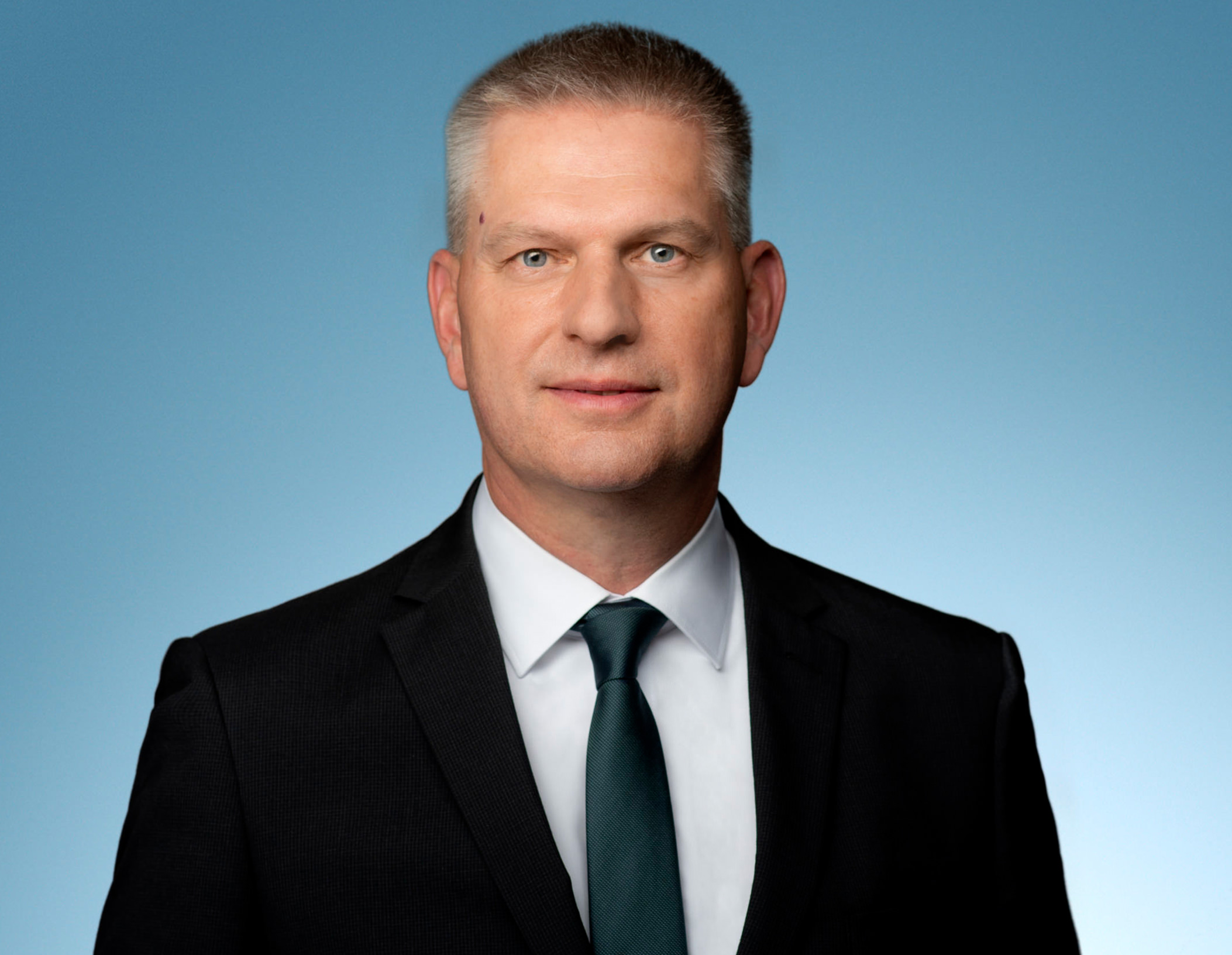Air Traffic Control.
Air traffic control monitors air traffic in the airspace and ensures that it operates safely, orderly, and smoothly. In Germany, the Federal Ministry of Transport has primarily tasked Deutsche Flugsicherung (DFS) with these duties. The EU also plays a significant role in air traffic control.
Organization of Air Traffic Control
Air traffic control is a sovereign function. In Germany, the federal government has largely delegated it to Deutsche Flugsicherung (DFS), a private company wholly owned by the state. DFS implements the air traffic control regulations adopted at the European level in Germany and is overseen by the Bundesaufsichtsamt für Flugsicherung (BAF, Federal Supervisory Authority for Air Traffic Control).
Germany and other EU member states have delegated some air traffic control responsibilities to the European air traffic organization EUROCONTROL. EUROCONTROL prepares traffic forecasts and supports national air traffic control organizations in capacity planning to ensure flights depart and arrive on time. EUROCONTROL also operates the Maastricht Upper Area Control Centre (MUAC), which manages air traffic control in northwestern Germany and the Benelux countries.
Tasks of Deutsche Flugsicherung
Modern technology and DFS air traffic controllers, located in airport towers and control centers, ensure that air traffic flows safely, orderly, and efficiently in large parts of German airspace, in accordance with §27 of the Air Traffic Act.
Thanks to air traffic control, safe takeoffs and landings, punctual air travel, and smooth handling of all air cargo flights are possible. Moreover, the safety of German airspace is essential for Germany to meet many of its international obligations. In peacetime, DFS also manages military air traffic in Germany, with the exception of military airports.
Similar to how rail traffic relies on infrastructure management, air traffic control also acts as an infrastructure provider. In this capacity, it collects flight-related data, which is used to create aviation charts, provide flight advice, and develop air traffic control, tracking, and navigation systems. Another key task of DFS is to develop flight procedures and plan new flight routes.
Creation of a Single European Sky
Air traffic in European airspace has increased significantly over the past decades, raising the demands on air traffic control. Therefore, high uniform safety standards across all EU countries, increased capacity in European airspace, and a balanced cost-benefit ratio in air traffic control are crucial goals of the EU. To achieve this, the “Single European Sky” program was introduced.
The goal of this program is, among other things, to research and develop optimized flight routes. These routes can contribute to climate-neutral aviation by:
- Avoiding detours, thereby reducing fuel consumption and CO₂ emissions
- Avoiding areas that promote the formation of artificial cirrus clouds
Feel free to contact us …
 Dirk Helf
Head of Economics and Infrastructure
dirk.helf(at)bdl.aero
+49 30 520077-145
Dirk Helf
Head of Economics and Infrastructure
dirk.helf(at)bdl.aero
+49 30 520077-145
 Alexander Klay
Press Spokesperson
alexander.klay(at)bdl.aero
+49 30 520077-165
Alexander Klay
Press Spokesperson
alexander.klay(at)bdl.aero
+49 30 520077-165


